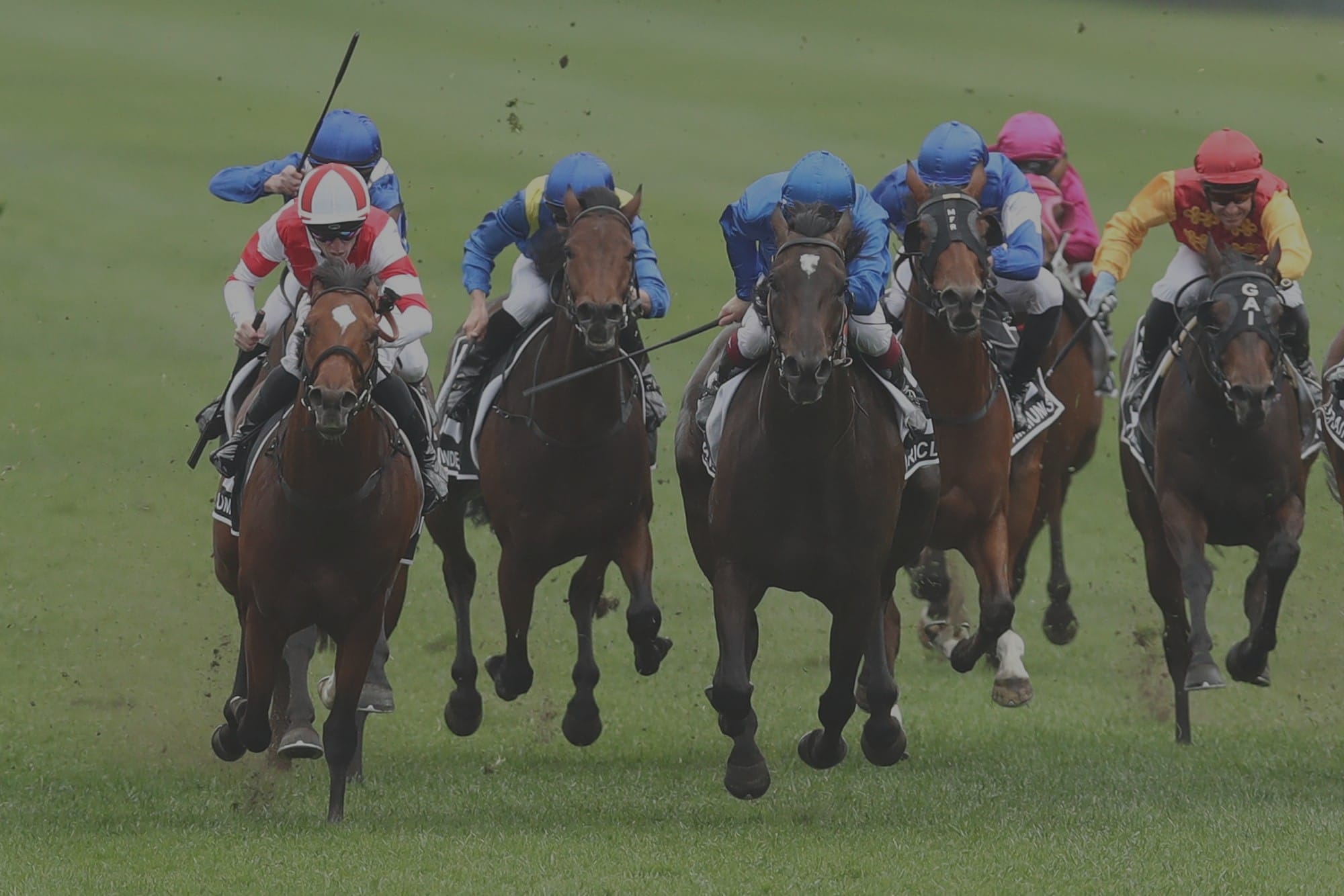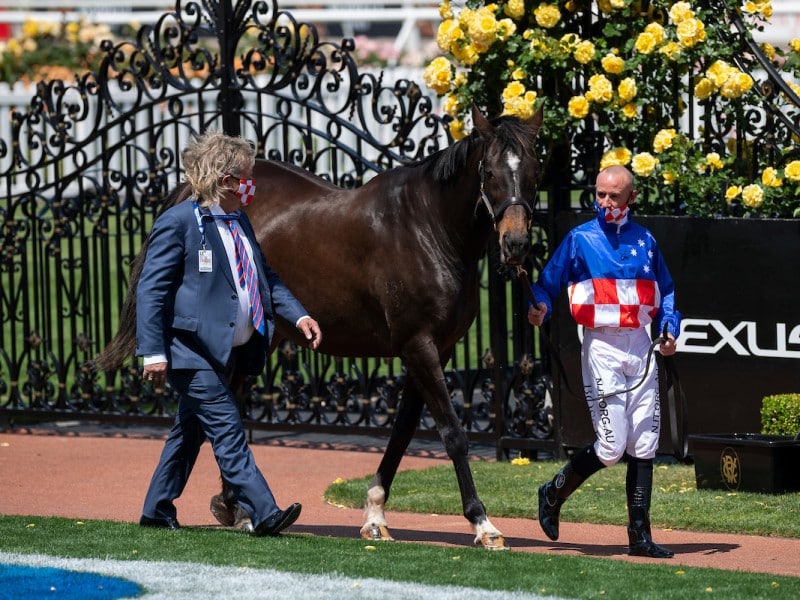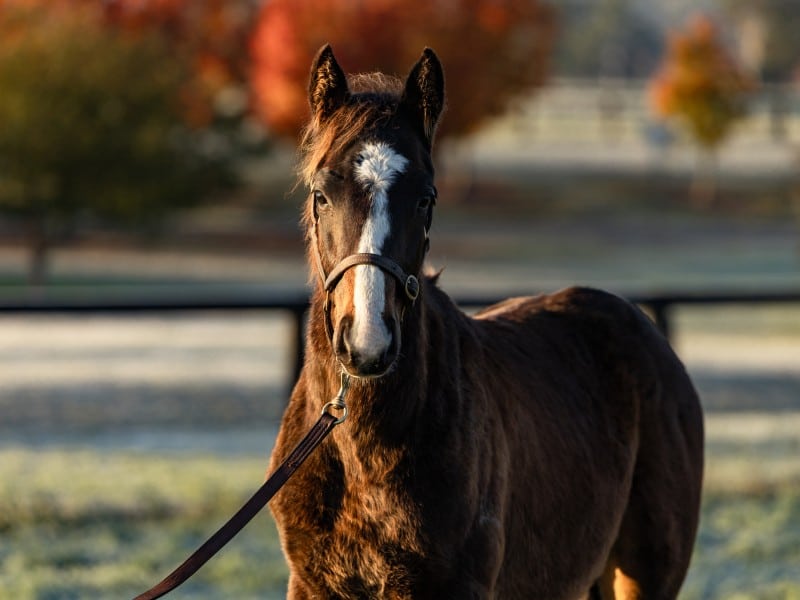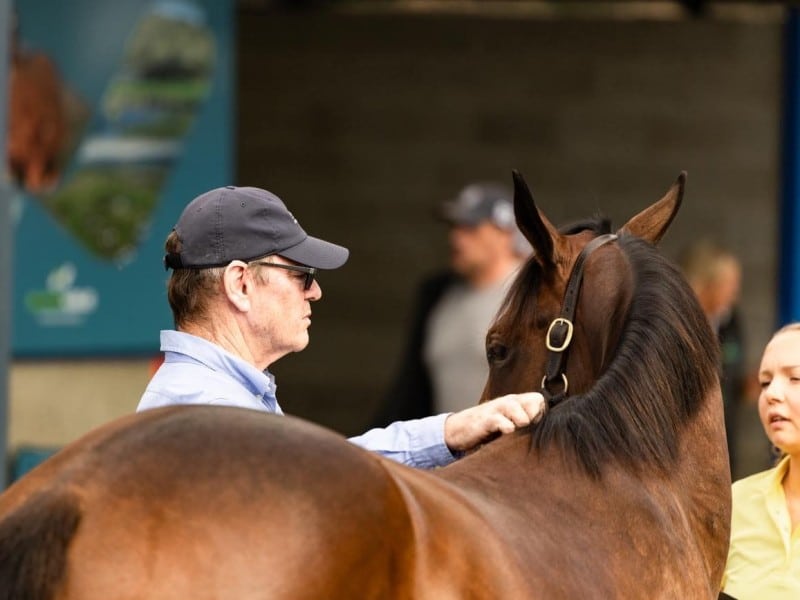All the way with PVL – Cooke backs in V’landys as ‘the foremost sporting administrator in the country’
Peter V’landys retains the utmost faith of the Racing NSW board, with chair Saranne Cooke telling the Rosehill parliamentary Select Committee that the racing regulator had an “exceptional leader” who was the best person for the role of chief executive.
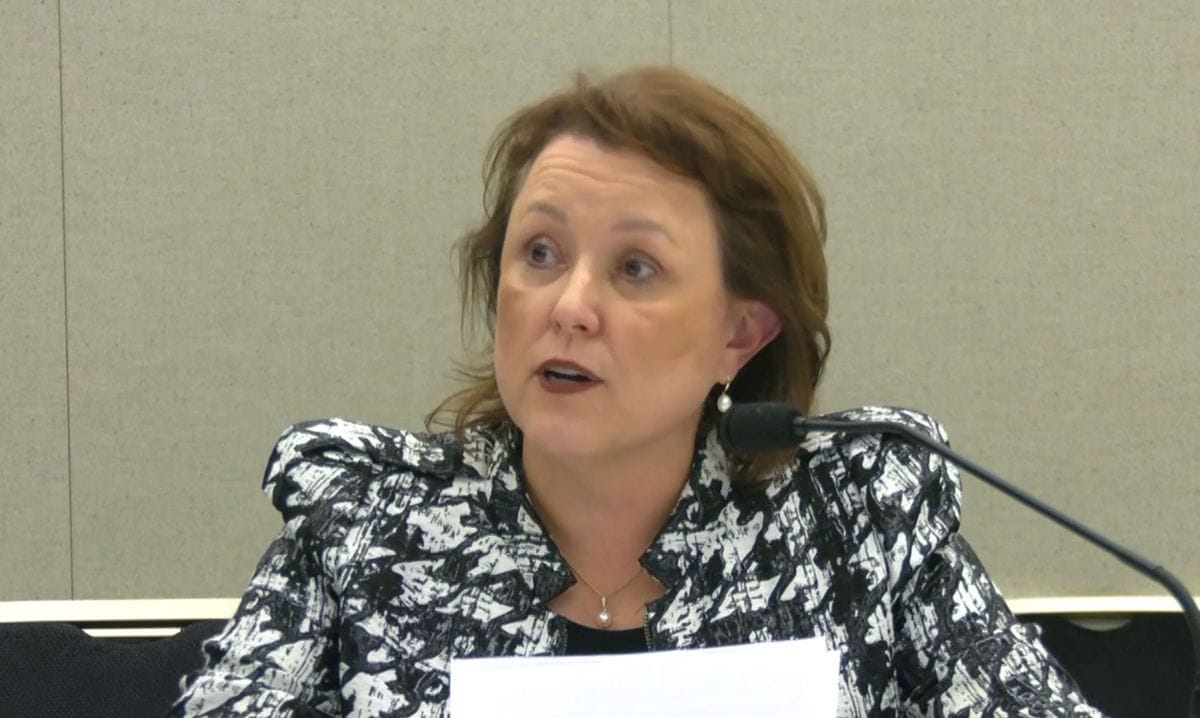
Dr Cooke was the final witness to appear before the Committee during the third and final public hearing on Thursday. She has not previously spoken publicly of the ongoing Rosehill controversy or questions raised in the parliamentary inquiry about V’landys’ conduct in his role.
She was asked about several major issues, including the powers that V’landys holds, his delegated authorities, his length of time in the role, the function of HR and stewards, as well as Racing NSW’s actions when it was advised of the possible closure and sale of Rosehill by the Australian Turf Club.
Cooke, who was appointed as chair in February, but has served on the Board since 2015, never wavered one bit in her support for her CEO, nor for the actions of V’landys and her predecessor Russell Balding when they were first advised of the ATC’s plans for Rosehill in November.
She also took exception to the way V’landys has been treated through the inquiry, including what she said were “unsubstantiated accusations” against him.
“This was clearly made in an attempt to discredit and harm and this is not okay,” she said in her initial statement.
“We all agree that people should assist this committee to engage, examine and inform the inquiry into the proposal to develop Rosehill Racecourse within the terms of reference but no reasonable person would agree it to be appropriate to treat someone unfairly in that manner without any procedural fairness.”
Cooke claimed that she had been approached by “many people both inside and outside the industry” who have expressed their disappointment at how the inquiry has, what she said “deviated” outside its initial scope.
Pressed on further details by the Committee members, she rejected claims from Hall of Fame trainer Gai Waterhouse that there were serious issues at Racing NSW and that it was time for executive change.
“First of all, that’s the role of the board (to appoint the CEO). So, as I said before, one of the most important decisions that a board can make is who is their CEO. And in my experience, on almost 20 boards, it’s one that you do not take lightly,” Cooke said.
“We go through that consideration on an annual basis, in closed session, and have those discussions, and I know the whole board agrees with me that we have the best person in place at this point in time to be our CEO.”
She said there was no right length of time for a CEO to remain in a role and V’landys, who started in 2004, was still the right person to fill that role
When asked when V’landys’ contract was last reviewed, the Chair said she believed that information was commercial in confidence, but she would take advice.
She also defended the financial delegation up to $1 million which V’landys had, saying it had been in place for at least nine years and “was a bit low” considering Racing NSW’s turnover was over $400 million.
This came after fellow board member Garry Charny suggested earlier in the inquiry that the delegations V’landys had in his role were quite broad and could do with “a fresh set of eyes”.
“The management, including the CEO, is responsible for implementing the strategic direction and the policies that we set. And he always reports at every board meeting through what we call a bulletin,” Cooke said.
“It’s a thick pack of pages on every departmental report, including the decisions that have been made. So we have full oversight of the decisions that are made within delegation.”
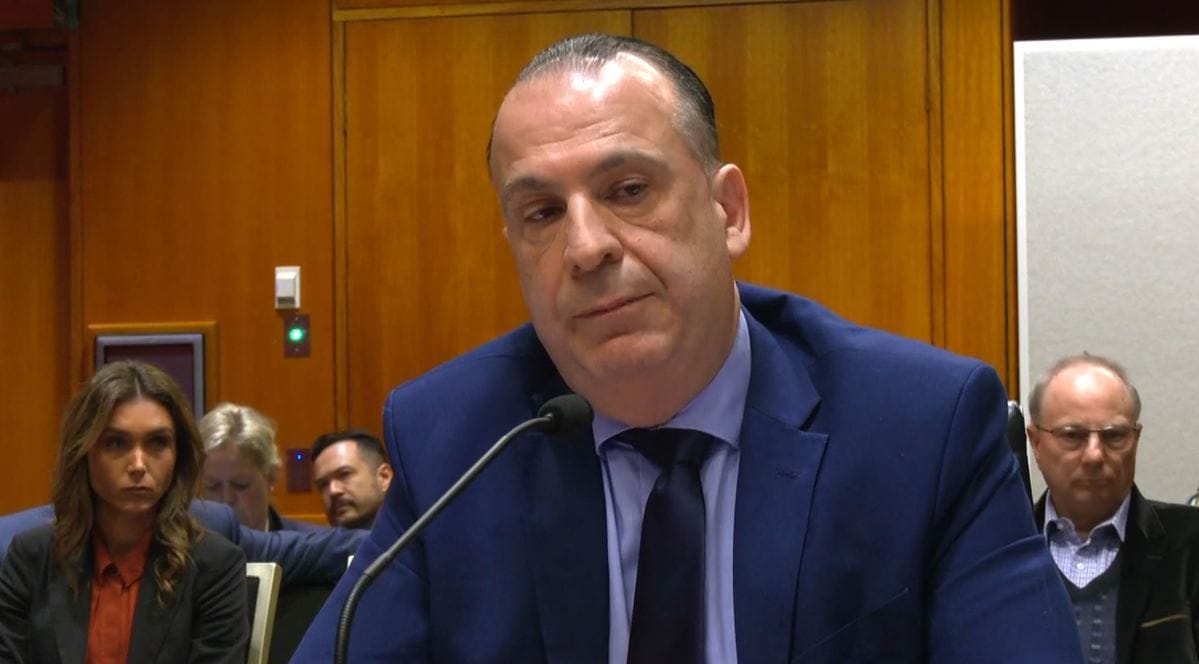
Asked about the delegation V’landys has from the board to be the ultimate arbiter when it comes to integrity matters, Cooke said she had no issue with that structure and that as a matter of practice, V’landys was at arms’ length from the operations of stewards.
“The practice is that we let the stewards do their job and we let the integrity unit do their job,” Cooke said.
“There is nothing stopping our CEO from getting involved because he is ultimately responsible. He oversees those departments and we haven’t… We’re completely comfortable with that.”
“But as a general rule, he doesn’t get involved. He lets them do their thing and we do that because we think that that’s just the better way in practice to have it all right.”
Those delegations, whether utilised or not, give the CEO ultimately power over integrity, which differs greatly from what happens in other states.
In other lines of questioning, Cooke was specifically asked about the lack of a dedicated HR department within Racing NSW, and said she was satisfied with the structure, which she said provided a “HR function”.
“A lot of that goes back to the assistant legal counsel. The HR components that are around recruitment and things like performance reviews would always go with the line management,” she said.
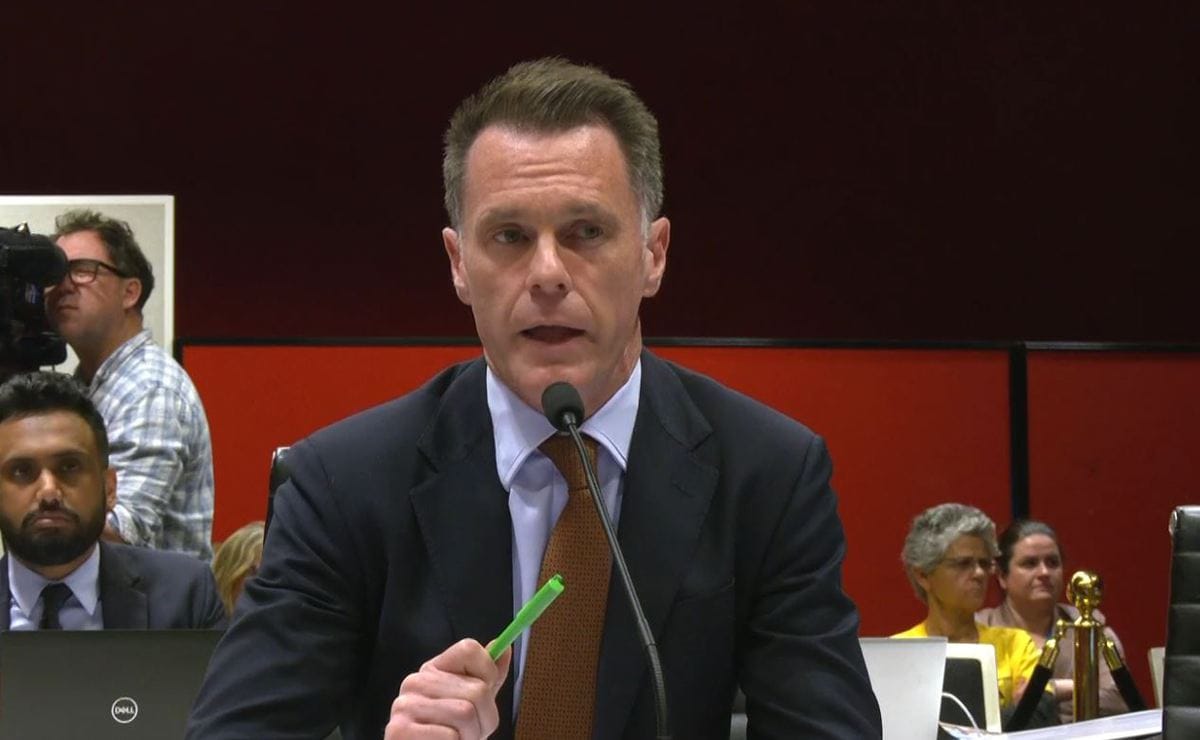
Cooke also said that the Board had no concerns over the submissions put forward by Racing NSW at the inquiry, including two that are believed to have been referred to the privileges committee following the explosive second day of hearings, where V’landys and chief operating officer Graeme Hinton attended.
“I know the whole board agrees with me that we have the best person in place at this point in time to be our CEO” – Racing NSW Chair Saranne Cook on chief executive Peter V’landys
Questioning began with Cooke establishing a timeline for when the Board was fully informed on the Rosehill plans. She confirmed this occurred on November 21, a day after her and other board members had signed non-disclosure agreements.
On November 17. V’landys and Balding had gone to The Cabinet Office where they said Racing NSW was supportive of the ATC’s proposal.
Cooke said she didn’t see an issue with this meeting occurring before the full board had been informed, saying it had been a discussion with government representation, not a presentation of board policy.
“I wasn’t at the meeting, but I’ve read the minutes, and I understand that everybody here has, it’s very clear it was just a discussion, there was no decision made,” she said.
“I will also say, though, that when we got to the board meeting on the 21st, we did not say or decide that we supported the sale of Rosehill, we decided that we supported an unsolicited proposal to go to government, that’s what we supported.”
In other comments, Cooke said it was looking “very unlikely” that Warwick Farm would be funded to replace Rosehill as a premium racetrack, should the ATC proceed with plans to close Rosehill.
“It sounds like it’s going to be expensive. We’re yet to do the work and, again, we don’t make decisions without facts and information by the right experts,” she said.
“We’ll wait for that and make the decision. But the early indication is it will be very expensive.”

